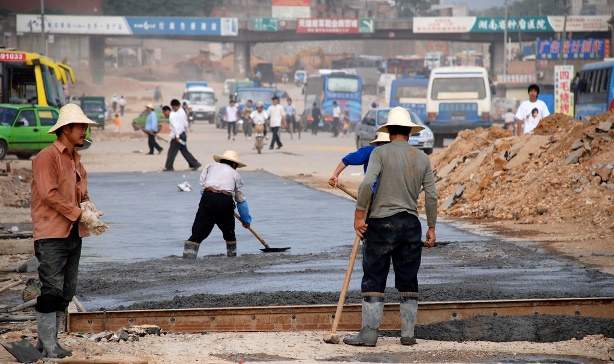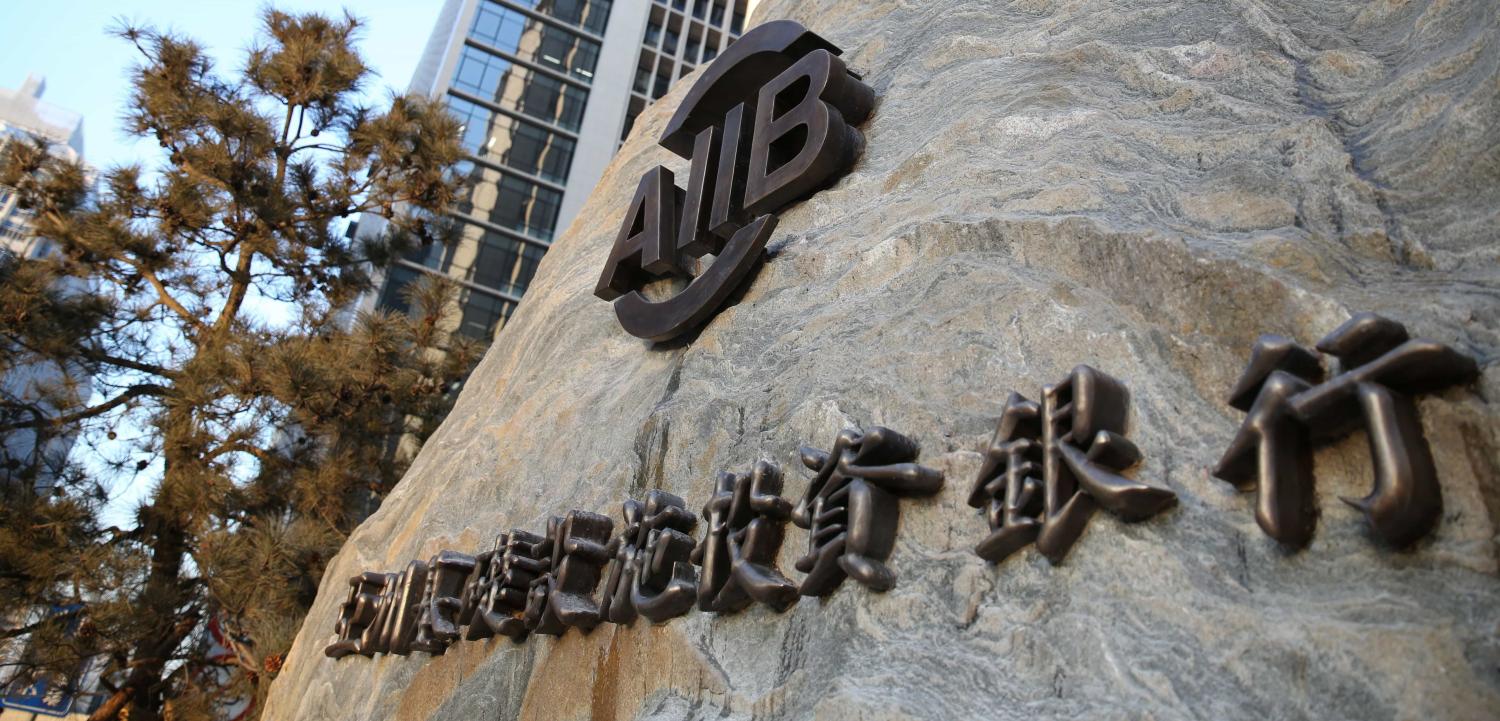With the signing of the AIIB's Articles of Agreement in Beijing yesterday, how is the Bank shaping up? Here are some key things that struck me reading the Agreement:
Membership
The Bank's members are split into two groups: regional and non-regional. Regional members include those countries classified by the UN as being in Asia or Oceania. So that extends to Central Asia and the Middle East, as well as Pacific Island countries, if they were to join later.

Regional members contribute 75% of the capital. The largest contributors are China, India, Russia, South Korea, Australia, Indonesia and Brazil. Of the non-regional members, Germany, France and the UK will contribute significant capital.
Voting shares are calculated through a complex formula. The Articles of Agreement don't state the breakdown of voting rights, although Chinese media has said Beijing will have 26.06%. This will give it effective veto power, as the Bank's high-level decisions (eg. on capital, membership, operations) will require the support of at least 75% of the votes. According to the SCMP, China will be followed by India (7.5%), Russia (5.92%), Germany (4.15%), Korea (3.5%) and Australia (3.46%).
Capital subscriptions are to be paid in 20% installments over five years. These can be paid in US dollars or other convertible currency (which the Bank can convert into US$ at any time). Special provisions are made for 'less-developed countries', including the option to pay up to ten installments, or to pay up to 50% of the subscription in their own currency. [fold]
Operations
The Bank can provide financing to its members (governments, agencies or enterprises) or to international and regional agencies operating in member countries. (There are also special circumstances in which the Bank may provide assistance to non-members.)
Assistance will primarily be in the form of direct loans, investment in equity capital and technical assistance. Terms and conditions of financing, including interest rates and length of repayment, will be determined in each case, and will of course depend upon the AIIB's credit rating. Financing can be provided in the currency of the country receiving the loan, if necessary. This may be well-received by some countries who struggle with the currency fluctuations associated with paying back China Eximbank loans in RMB.
There will be an open procurement policy, meaning goods and services (and companies) from non-member states can be engaged in AIIB-funded projects. This is different to the Asian Development Bank. (It also means that those countries that jumped on board at the last minute in order to make sure their companies didn't miss out on opportunities could have gained that advantage without joining.)
China was successful in getting its favourite language into the Agreement: 'The Bank, its President, officers and staff shall not interfere in the political affairs of any member, nor shall they be influenced in their decisions by the political character of the member concerned.' Interestingly, this was taken even further, by stating that 'only economic considerations shall be relevant to their decisions.' I suspect this latter point will in reality be relaxed, as it will be challenging to make sound investment decisions without taking the political economy of a country into account.
There is also a stress on collaborating with existing multilateral and bilateral development institutions. The European Bank for Reconstruction and Development has already put its hand up, with its president ready to propose joint projects to get underway next year.
Governance
The Bank will have one president, and one or more vice-presidents. (I'm assuming these positions will actually be open to men and women, even though the English version uses the male pronoun.)
Each of the members will have a representative on the Board of Governors. The governors will elect the Board of Directors: nine representing regional members and three representing non-regional members. Directors will represent all members who voted for them, and will serve for two years. They will be responsible for the general operations of the Bank.
Importantly, neither the governors nor the Board of Directors will be paid, and do not need to be resident at the Bank's headquarters (in Beijing). This is part of China's aim to make the Bank more efficient than its counterparts.
Next steps
The Articles of Agreement will enter into force (and the AIIB will become operational) once at least 10 signatories whose capital subscription comprises at least 50% of the total have deposited their 'instruments of ratification, acceptance or approval' to the Government of China. And then, the eyes of the world will be watching China to see how it manages this new leadership role. It won't be easy.
Photo by Flickr user Steve Webel.

